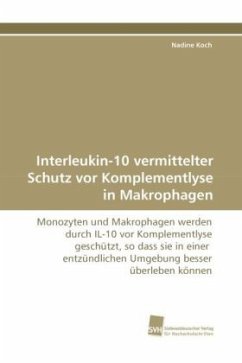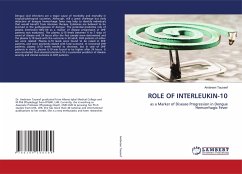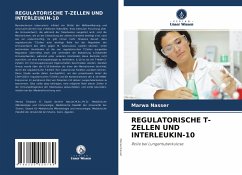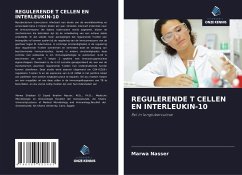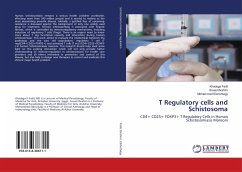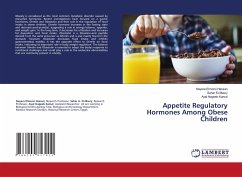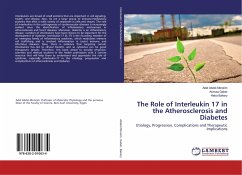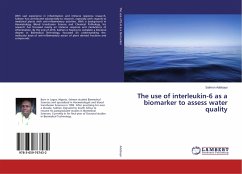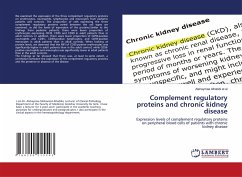
REGULATORY T CELLS AND INTERLEUKIN-10
Role in Pulmonary Tuberculosis
Versandkostenfrei!
Versandfertig in 6-10 Tagen
32,99 €
inkl. MwSt.

PAYBACK Punkte
16 °P sammeln!
Mycobacterium tuberculosis infects one-third of the world's population and causes almost 2 million deaths per year. In spite of intense research on the immune response elicited during tuberculosis, the mechanisms involved in the development of active disease remain obscure. There is growing evidence that regulatory T cells may play an important role in the regulation of host immune responses against M. tuberculosis. In some circumstances, the regulation exerted by regulatory T cells is excessive and prevents the establishment of protective immune responses, whereas in other circumstances, this...
Mycobacterium tuberculosis infects one-third of the world's population and causes almost 2 million deaths per year. In spite of intense research on the immune response elicited during tuberculosis, the mechanisms involved in the development of active disease remain obscure. There is growing evidence that regulatory T cells may play an important role in the regulation of host immune responses against M. tuberculosis. In some circumstances, the regulation exerted by regulatory T cells is excessive and prevents the establishment of protective immune responses, whereas in other circumstances, this control is not sufficient to prevent immunopathology. IL-10 has been described as a T helper 2 cytokine with immunosuppressive properties. In addition, IL-10 secretion has been reported as one of the mechanisms by which regulatory T cells may exert their suppressive function. This study, therefore, was conducted to determine CD4+CD25+ regulatory T cells % and the levels of IL-10 mRNA expression in peripheral blood of patients with active pulmonary tuberculosis. This should help to assess a possible role of these cells in the immunopathogenesis of TB, and should be especially useful to researc



